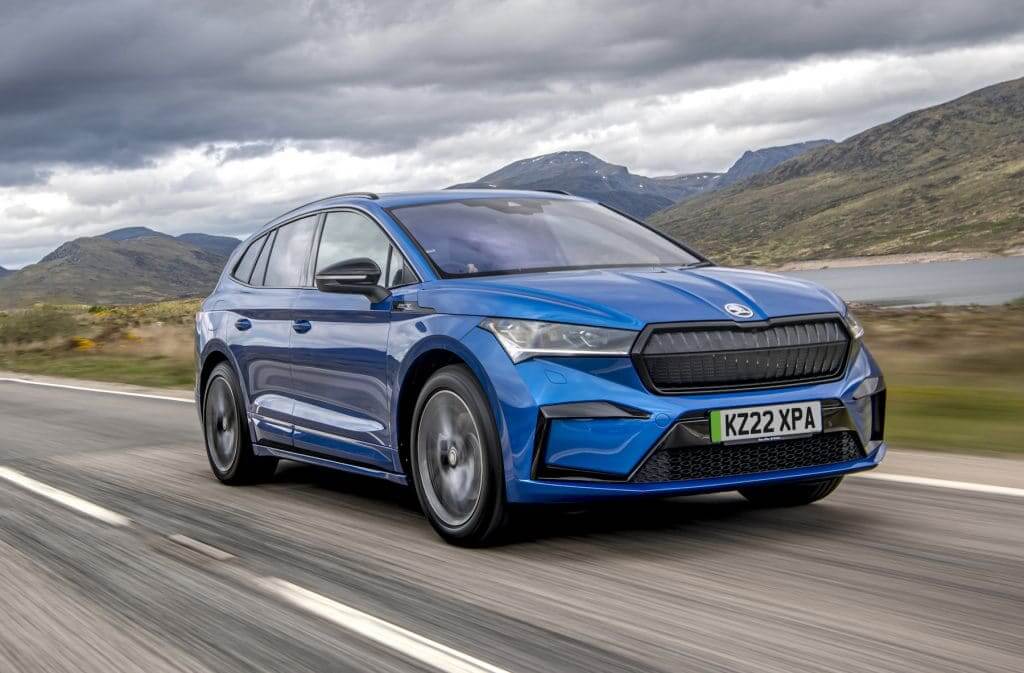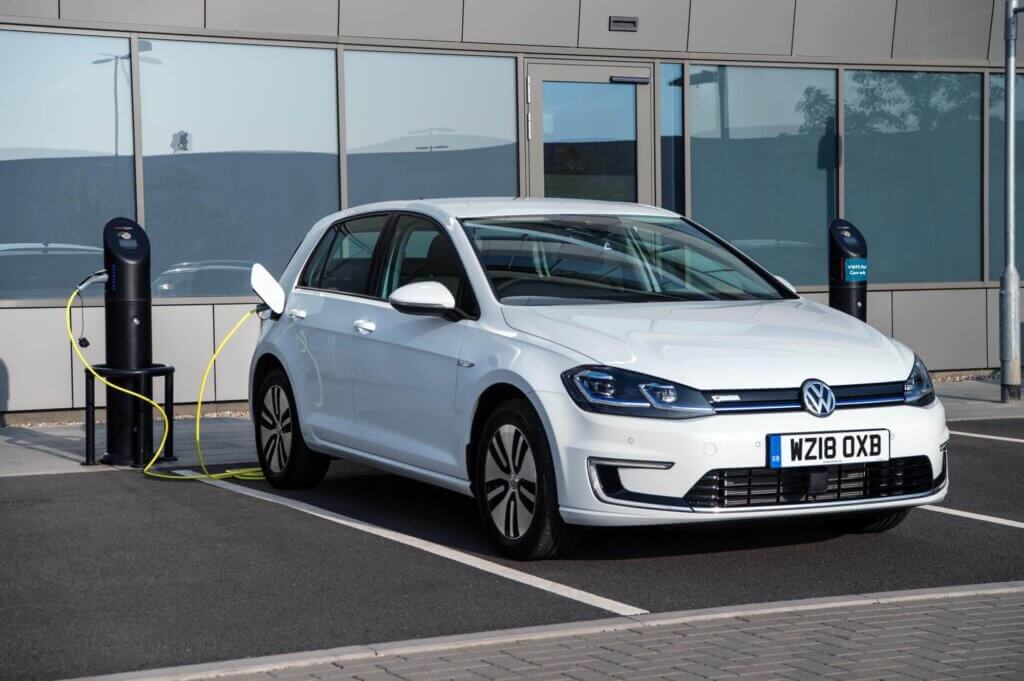Disadvantages of electric cars
Charging points
If you are toying with the idea of purchasing an electric vehicle, one of the biggest considerations is whether you have appropriate charging point access for the vehicle. For those who live in apartments or homes with limited parking options close by, this can pose a significant challenge.
Whilst public charging points are more readily available, access to these charging points can cause anxiety among drivers.
Length of time to charge
Unlike filling up at the petrol station, charging an electric car can take anywhere from 30 minutes up to 12 hours to fully charge. Whilst rapid chargers are increasingly available, these are often a lot more expensive compared to charging your vehicle at home.
Driving range
Range anxiety is a term coined by those who are concerned about the distance an electric vehicle can travel on a single charge. Whilst this can be a valid concern for many, with recent improvements in public infrastructure and charging facilities along with the improved range capabilities of newer electric vehicles this is becoming less of an issue.
Higher upfront costs
One of the main disadvantages of electric cars is the upfront cost compared to petrol or diesel vehicles. Whilst the upfront costs may be higher than electric alternatives, the reduced running costs when you own an electric car can often outweigh this.
As the demand for electric vehicles keeps growing, we have also seen an influx of used electric cars on the market which makes these vehicles far more accessible than they once were.
Lifespan of battery
As with any battery, batteries on electric cars can degrade with age. Current predictions suggest that an electric car battery will last anywhere between 10 – 20 years or 100,000 to 200,000 miles. However, this will vary depending on the age and model of the vehicle.
Though the vast majority of electric cars come with a battery as part of the purchase price, it’s worth noting that leased batteries can be found in (much) older electric cars. When purchasing a used electric car with a leased battery, you will also be required to sign a lease battery contract with the manufacturer.




